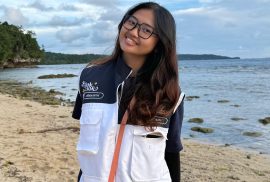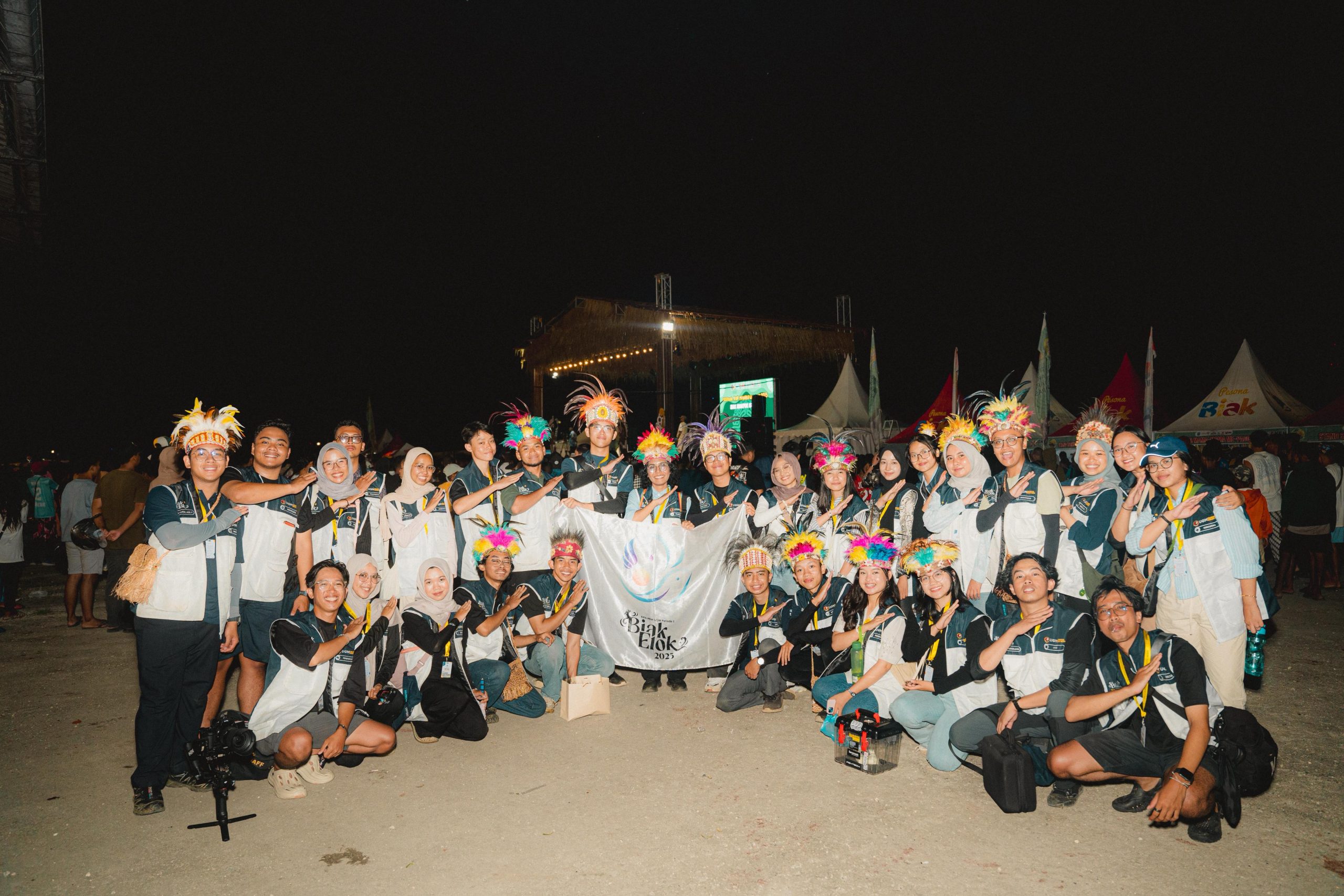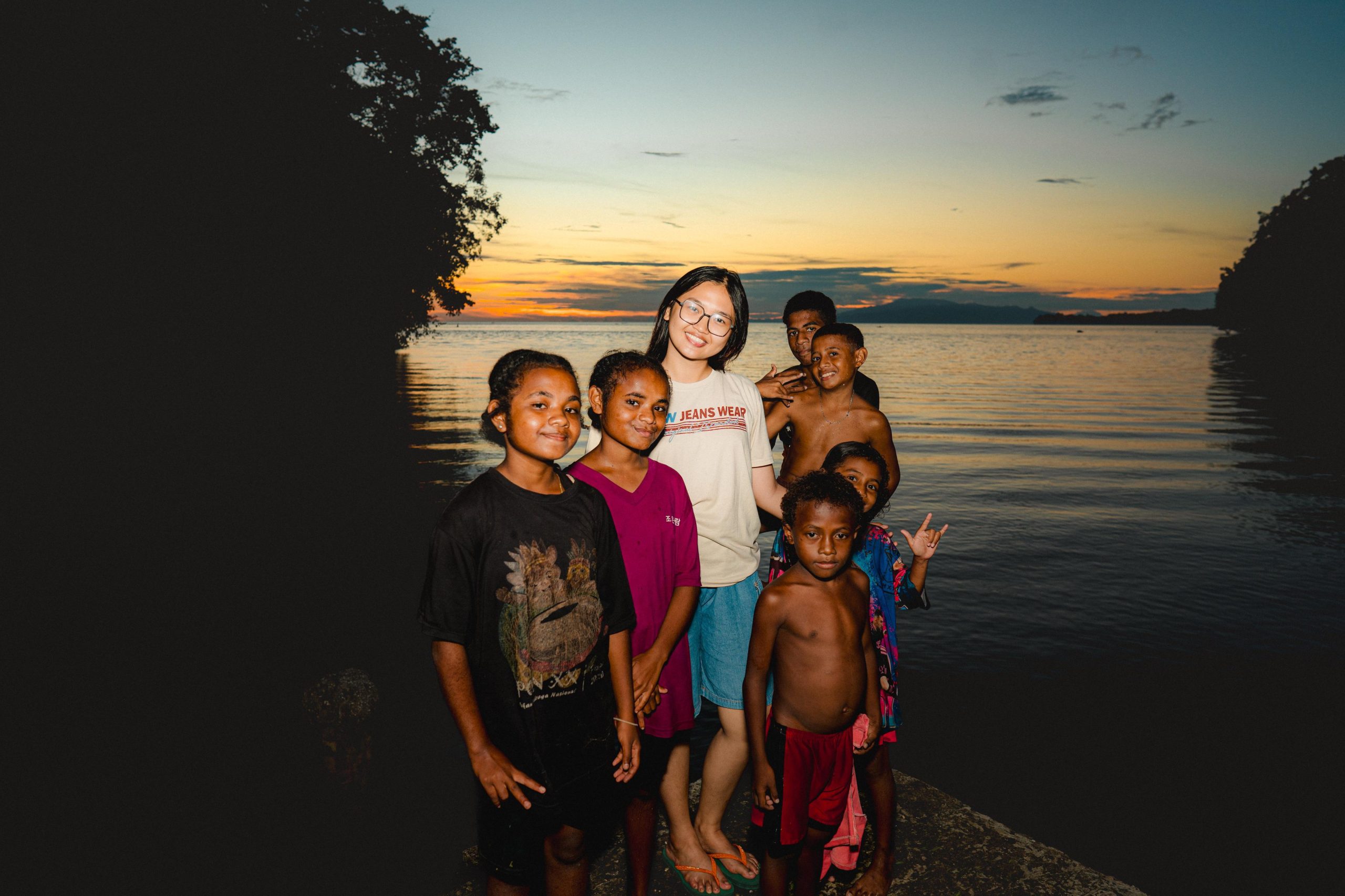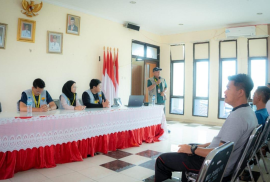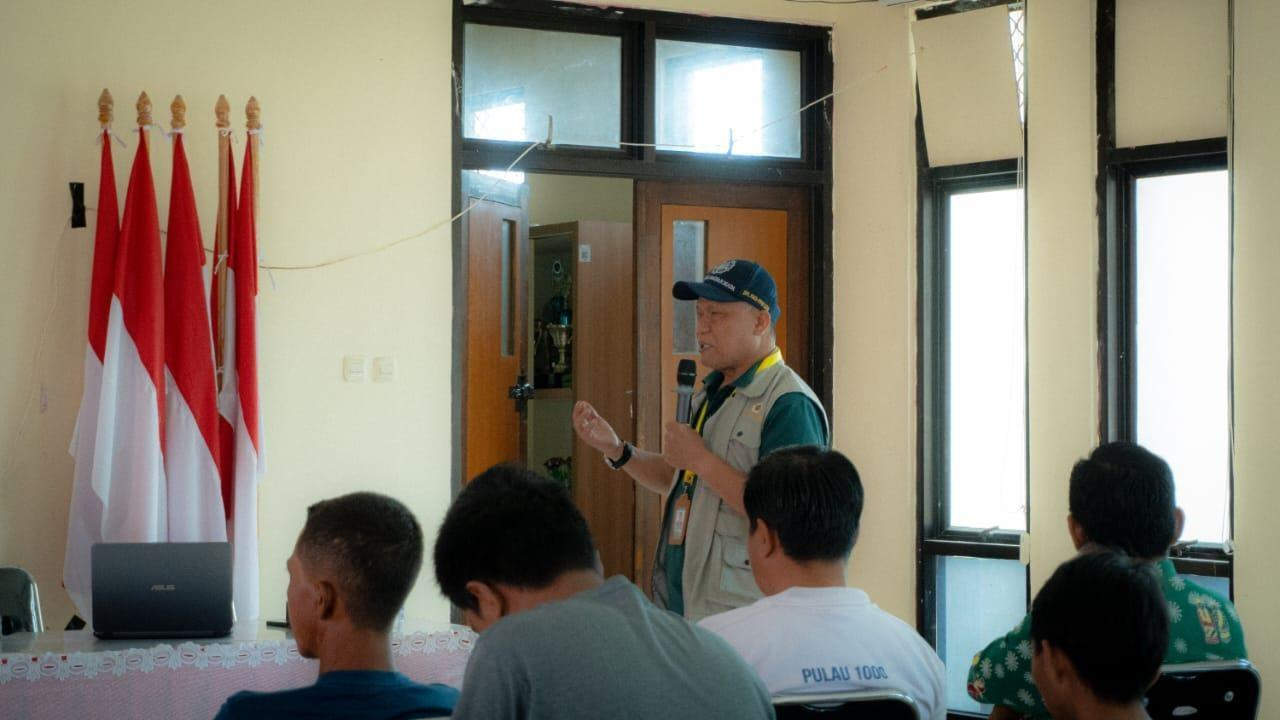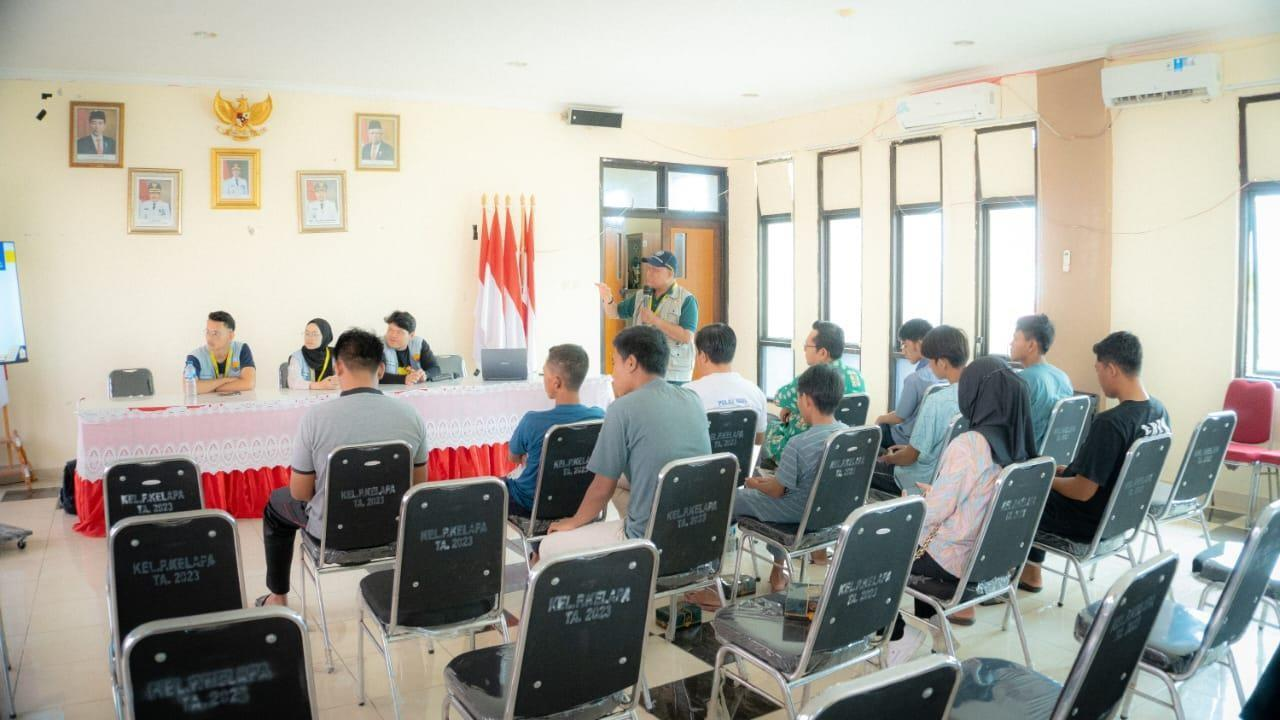Yogyakarta, November 28, 2025 – The Department of Anthropology at UGM held a Visiting Lecture titled Framing Child Marriage: Film, Visual Ethnography, and the Ethics of Representation. The event featured guest speaker Nur Wucha Wulan Dari, commonly known as Wucha, a film director and graduate of the Master’s Program in Anthropology. The session was opened by Dr. Sita Hidayah, who emphasized that final academic projects have the potential to become visual or non-textual representations of anthropological research presented in a more engaging format.
During the film screening session, Wucha showcased two of her works: Laila and Pasukan Gagal Tobat. Both films explore the issue of child marriage. Laila tells the story of a 15-year-old girl in East Kalimantan who escapes an arranged marriage by fleeing on a boat, while Pasukan Gagal Tobat is an ethnographic film about a group of teenagers who view child marriage as a common and accepted practice in their village.
In the discussion session moderated by Muhammad Ade Putra, Wucha shared her research methods and creative process behind the films. While working in the field, she often faced dilemmas, especially during the production of Pasukan Gagal Tobat, when she encountered extreme weather conditions and witnessed firsthand the social changes occurring within the community. The sensitive issue of child marriage in both films often placed her in challenging ethical positions, leading her and her team to develop a risk matrix. She also frequently conducted regular Focus Group Discussions as part of her approach to building trust with the subjects.
Summarizing the discussion, the moderator emphasized that the camera can serve as a medium for recording field notes, a point of reference, and a space for negotiating positions between the researcher and their subjects.
Author: Novilatul Ananda Ramadhani



